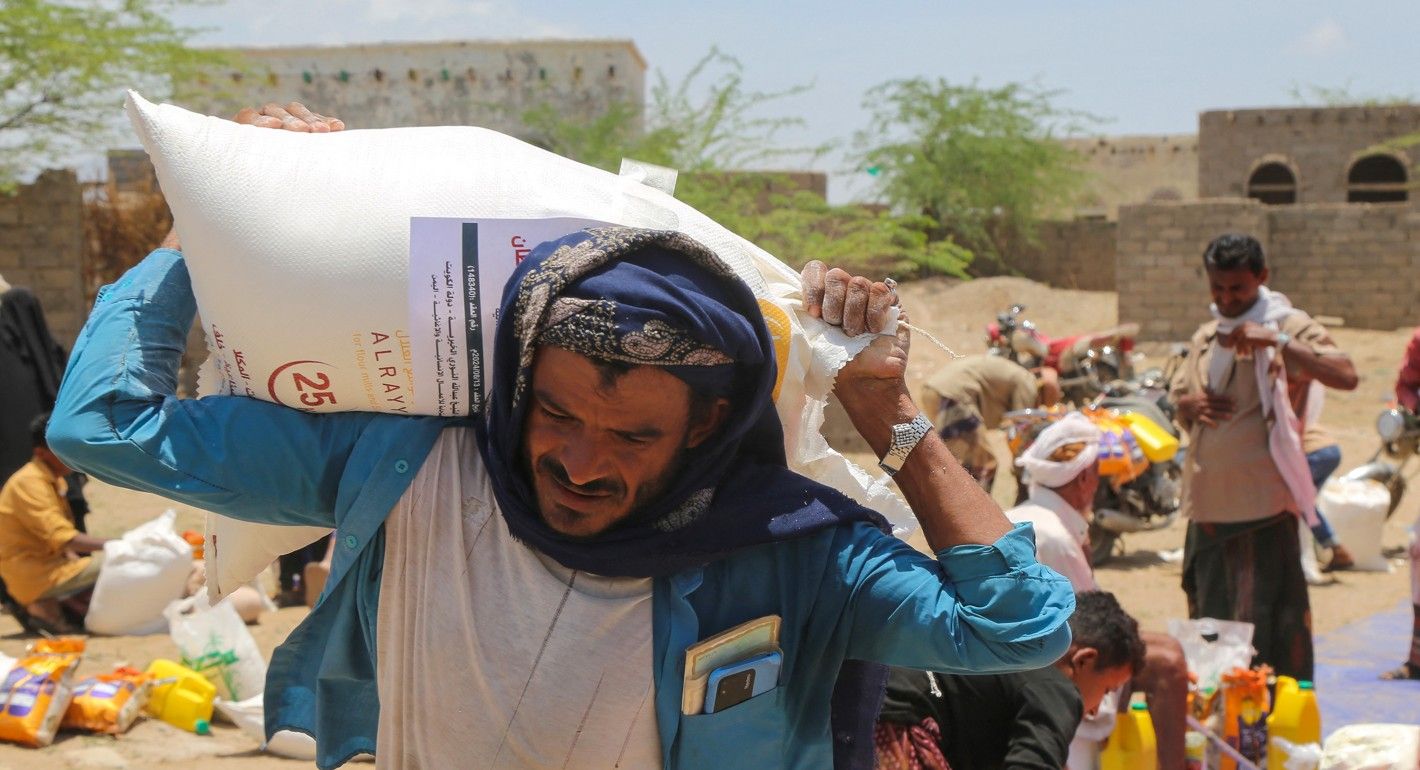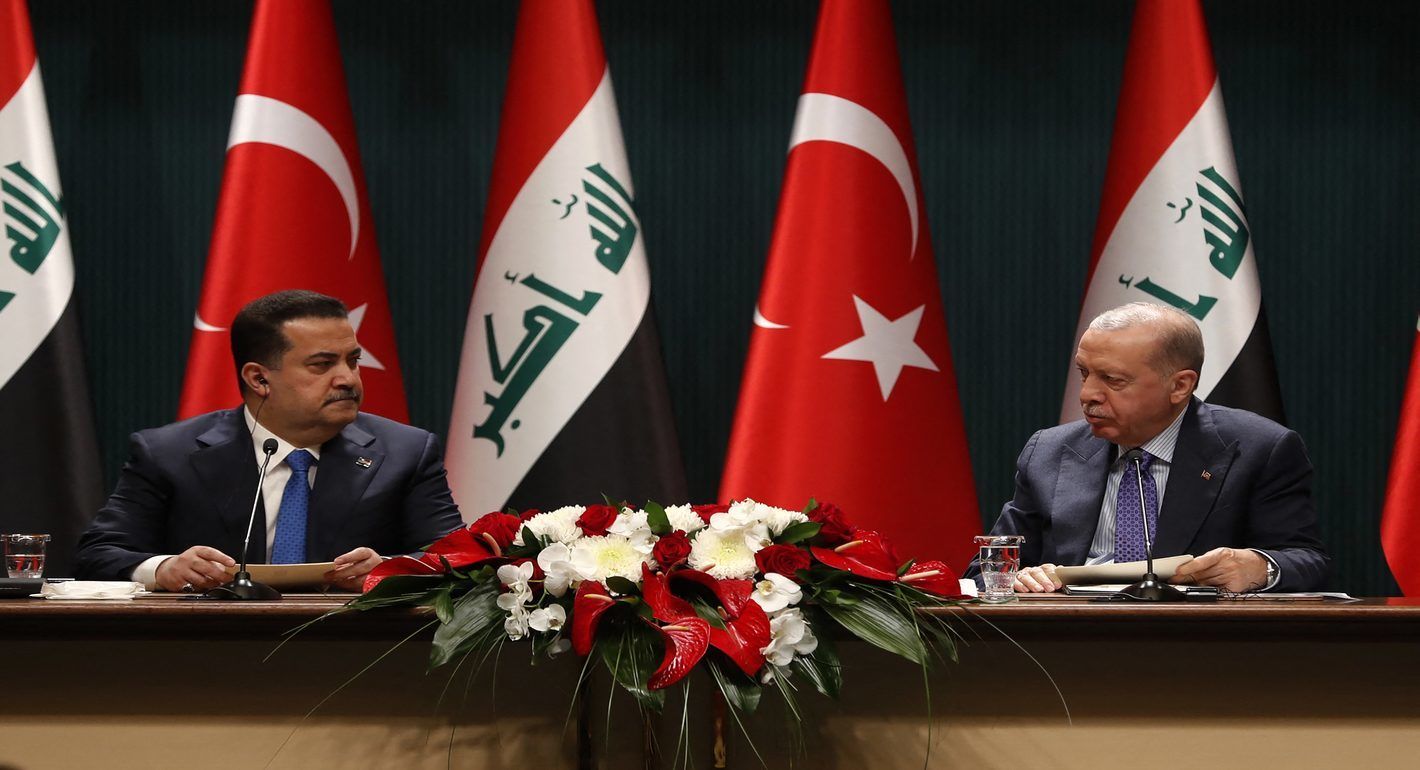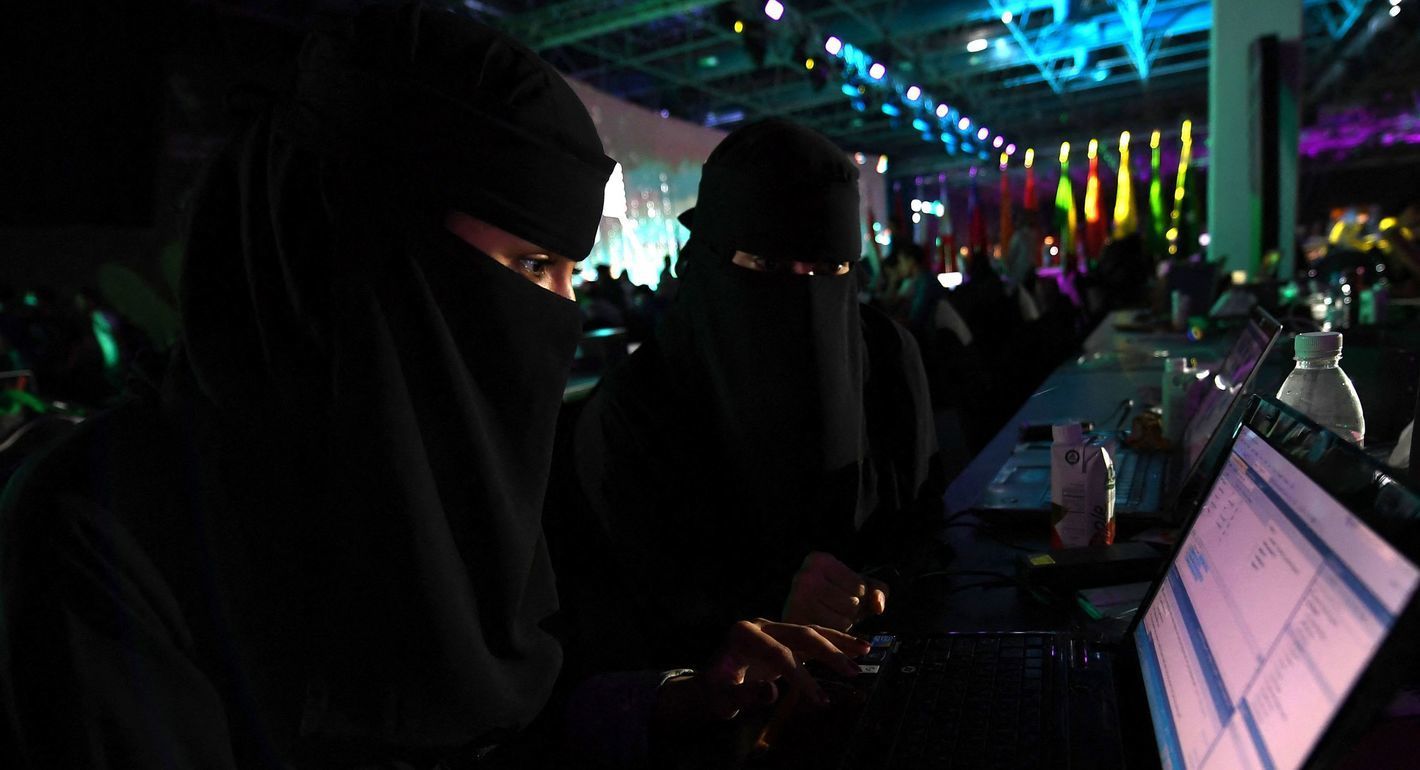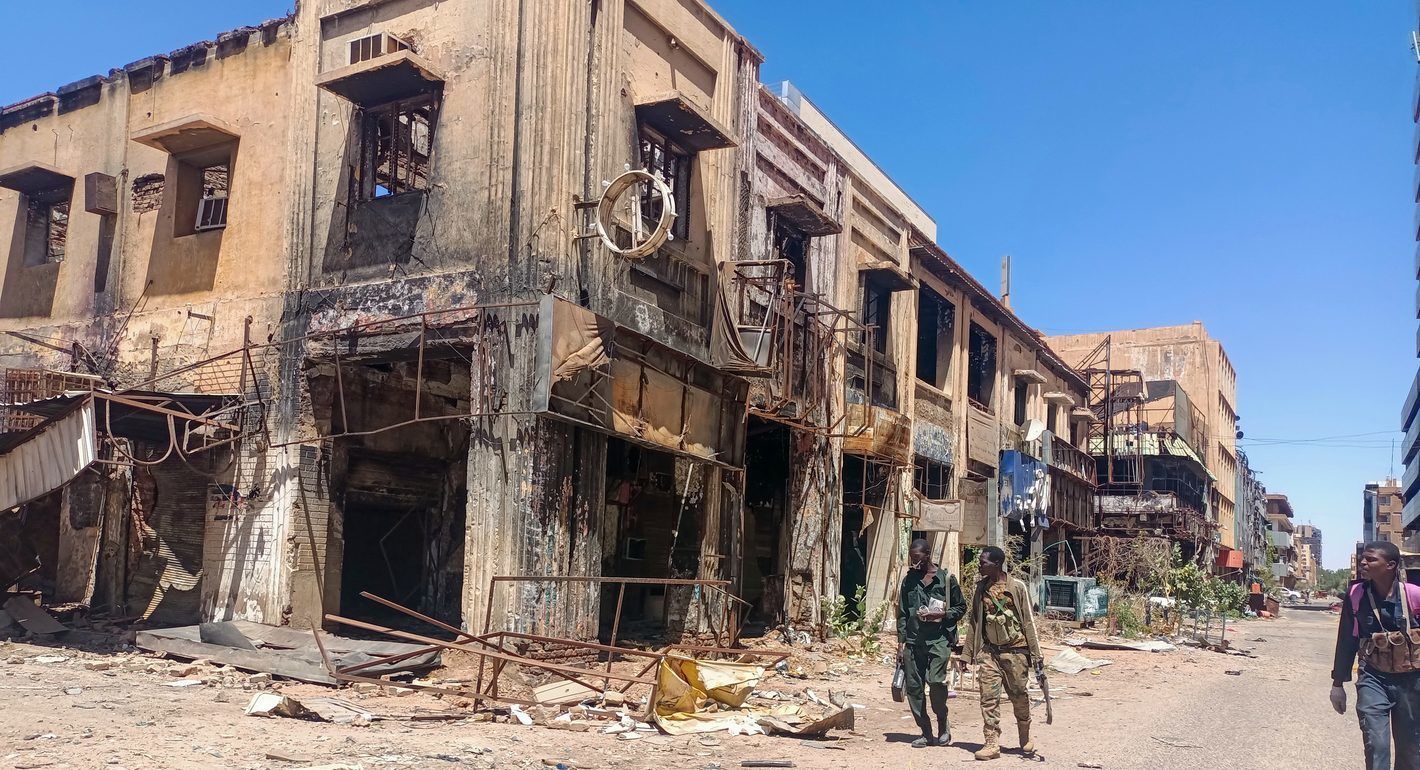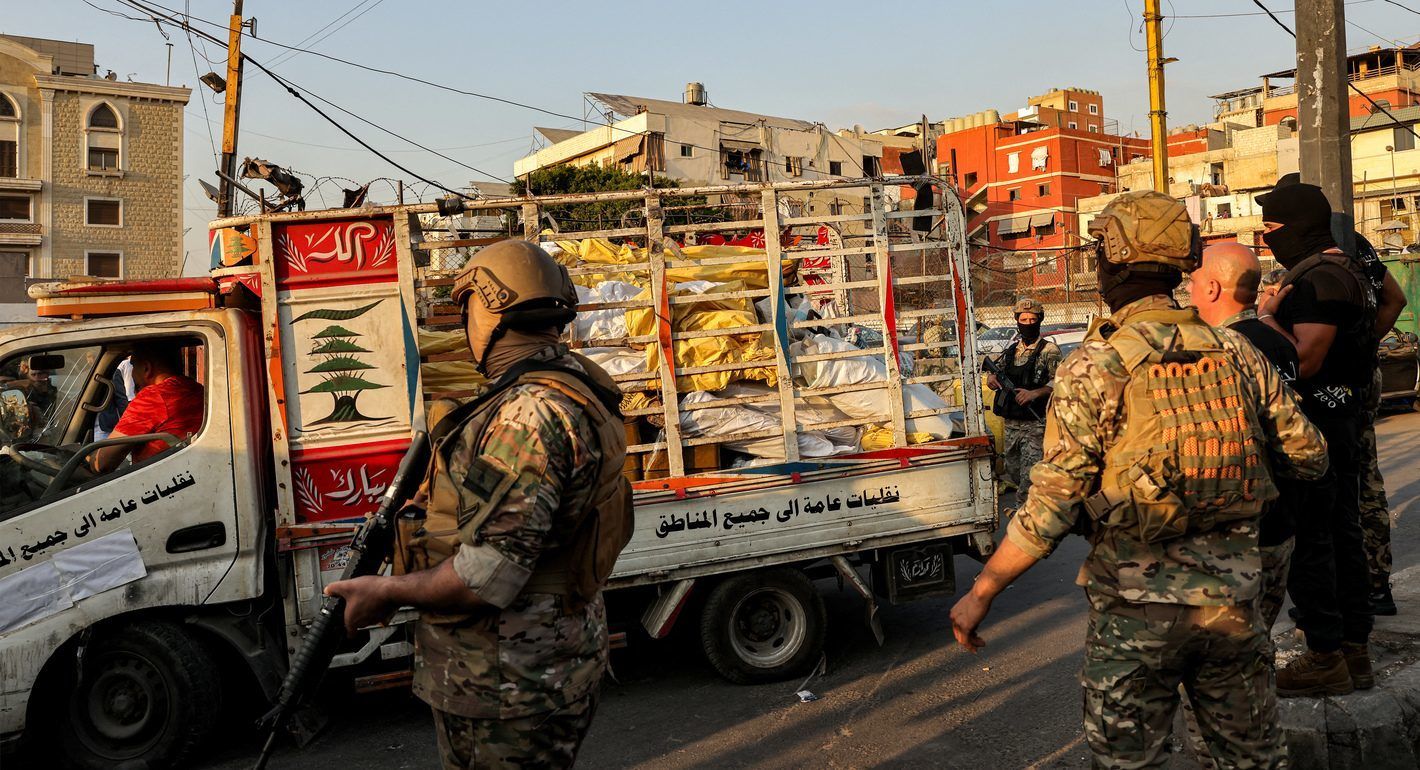For the last ten years, a complex civil war has engulfed Yemen, leading to one of the worst humanitarian crises in the world. International reports indicate that Yemen currently ranks second globally among countries most affected by acute hunger, with millions of Yemenis facing escalating levels of malnutrition, poverty, and deprivation, as well as a severe shortage of basic services. The conflict development in the Red Sea by attacking the ships, hindering the delivery of humanitarian aid and external funding, has exacerbated the situation and accelerated the collapse of living standards.
The prolonged war has also triggered severe economic turmoil. The conflict between the Houthis and the internationally recognized government (IRG) has led to the collapse of the Yemeni riyal’s exchange rate, sharp fluctuations in its circulation, soaring inflation, and escalating social unrest. These conditions have significantly crippled economic sectors across the country, with Yemenis increasingly holding both sides responsible.
Impact of social and economic policies
Since the beginning of the war, the conflicting parties have impeded the recovery of Yemen’s economy by adopting policies that doubled taxes on private sector institutions, and effectively starved Yemenis and bled them dry. A vicious cycle of hunger, humiliation, deprivation, and impoverishment are the result of measures that are explored below.
Random economic decisions:
Experts indicate that the transfer of the Central Bank of Yemen from Sana’a to Aden in 2016 marked the onset of a severe economic crisis in the country, followed by catastrophic decisions, including the printing of 6 trillion riyals in new banknotes without sufficient cash reserves. As a result, the riyal plunged in value, ultimately losing 80 percent of its worth against foreign currencies since 2014. This led to skyrocketing inflation and a significant decline in the purchasing power of Yemenis. Today, most families allocate more than 60 percent of their income just to secure basic food supplies.
Lack of transparency and rampant corruption:
Many argue that corruption within the IRG in Aden is a major contributing factor to the impoverishment of Yemenis and the collapse of the country’s economy, services, and currency. The IRG has exploited the country’s resources to advance its political and military interests, rather than reforming service institutions that directly impact citizens’ lives. It has also consistently squandered opportunities to improve humanitarian conditions in areas under its control. However, this corruption is not exclusive to the IRG; the Houthis are similarly engaged in corrupt practices, as Sana’a parliamentarians have acknowledged.
Starving and impoverishing Yemenis:
The economic and social policies of the conflicting parties, particularly the Houthis, are effectively amount the looting, theft, and destruction of state resources. Not only do they impose daily levies and demand donations to fund their war efforts, but also compel citizens relinquish a portion of their meager incomes with armed factions through increased taxes, enforced royalties, and zakat. Meanwhile, they have deprived more than 1 million Yemeni employees of their salaries for the ninth consecutive year, pushing the middle class—including government employees and academics—to the brink of extreme poverty.
Persecuting humanitarian organizations:
International and local organizations striving to deliver humanitarian aid in Yemen face intense pressure, particularly in Houthi-controlled areas. Staff members often face imprisonment, prosecution, and seizure of their offices and bank accounts. Reports suggest that these actions aim to consolidate control over all forms of aid, redirecting it toward the war effort instead of humanitarian relief.
The policies of the IRG and the Houthis have had an outsized impact on Yemen’s most vulnerable population. According to a recent World Bank report, the ongoing conflict—and its resulting regional tensions—has burdened the Yemeni economy with insurmountable challenges, with per capita GDP declining by 54 percent. This has plunged the vast majority of Yemenis into poverty, with at least half of the population experiencing food insecurity. Additionally, UN reports reveal that 17 million Yemenis suffer from severe malnutrition, and 21.6 million are in urgent need of humanitarian aid, representing 75 percent of the population.
A Gallup survey reveals that 7 out of 10 Yemenis cannot afford food, with more than 5.5 million people having lost their livelihoods due to the war and related practices. UNICEF reported that more than 6 million children are on the brink of famine, and more than 11 million children urgently need humanitarian assistance. The international organization also notes that a Yemeni child dies every 10 minutes from famine and preventable diseases, and approximately 4 million internally displaced persons are living in dire and challenging conditions.
Researchers and experts are urging the conflicting parties in Yemen to make courageous and responsible decisions to prevent further deterioration. They call for an end to political divisions, a halt to involving financial and monetary institutions in political dispute, and pursuit of a lasting peace agreement that could enhance Yemen's economic prospects and facilitate the flow of external financial aid and reconstruction efforts. However, as long as the conflict persists and the decisions of the warring parties continue to create economic chaos, the situation in Yemen is likely to remain unresolved for the foreseeable future.

